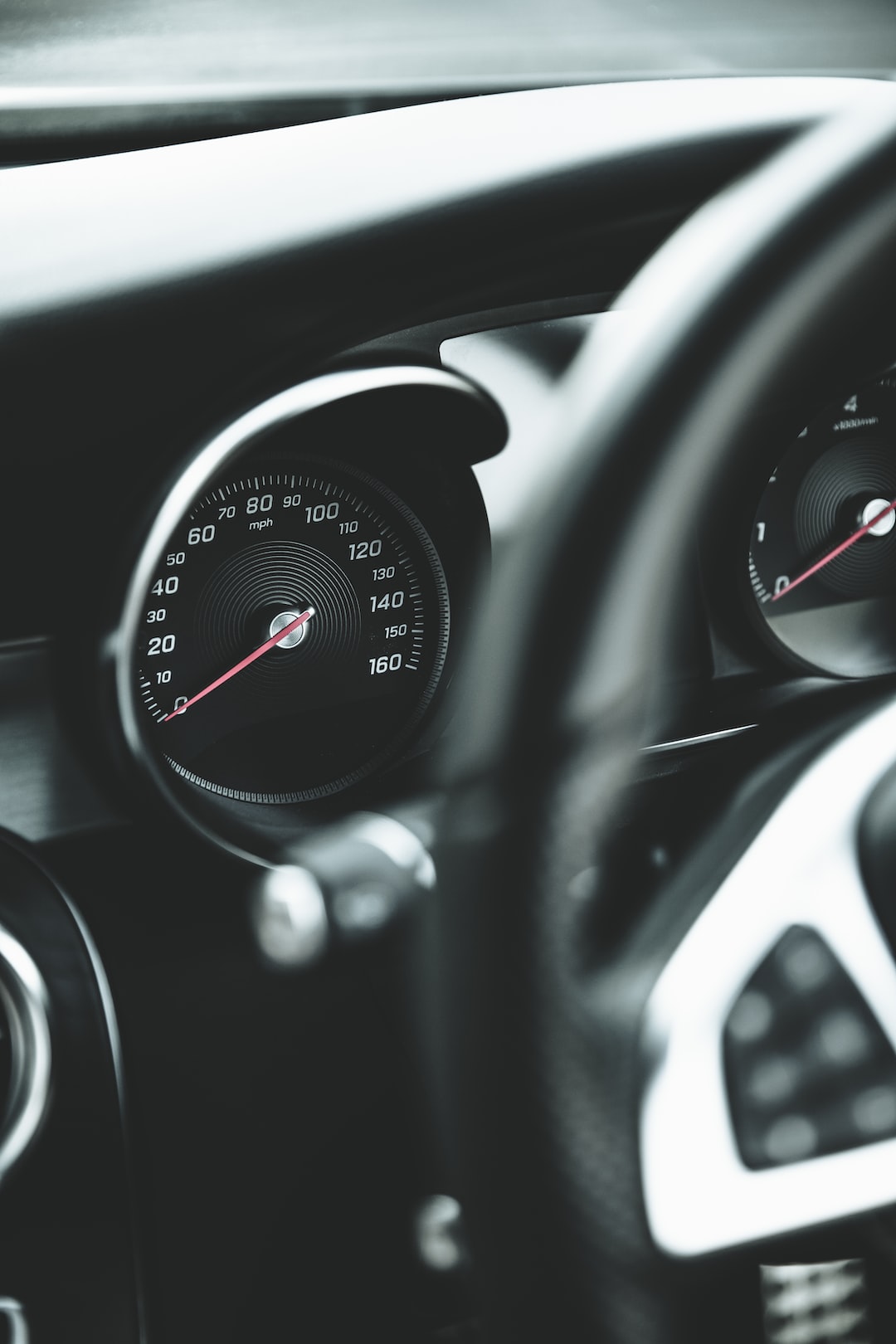Distracted driving is one of the major causes of road accidents today. This is because when drivers get distracted, they tend to lose focus on the road, which can lead to an accident that could have been prevented. Distractions can come in different forms, such as texting, talking on the phone, eating, and applying makeup while driving. As a driver, it’s essential to know how to avoid distracted driving. So, here are some tips for staying focused on the road.
1. Put away all forms of distractions
One easy way to avoid distracted driving is to put away all forms of distractions, like your phone, food, or makeup. These items must be out of reach or sight to prevent you from getting distracted. When you need to use your phone, pull over to a safe spot and return missed calls and texts before continuing your journey.
2. Avoid multitasking
Multitasking while driving can be a recipe for disaster. Trying to read a message or check your makeup while changing lanes or negotiating a turn could put you in danger. Instead, focus on driving, and if something needs your attention urgently, pull over to attend to it.
3. Use voice-activated technology
If you need to make a call or send a text, then consider using voice-activated technology. Most cars have this function built-in, and it’s a great way to stay connected while keeping your hands on the wheel. This feature allows you to make phone calls, send text messages, and get directions without taking your eyes off the road.
4. Keep your eyes on the road
When you’re driving, it’s important to keep your eyes on the road, especially if you’re on a highway or busy street. Avoid looking at anything that might distract you, like billboards or flashy advertisements. Keep focused on the road, and anticipate other drivers’ movements to avoid collisions.
5. Take breaks
Sometimes, it’s easy to get distracted while driving because you’re tired or hungry. To avoid this, take breaks during long drives to eat and rest. A rest stop will not just keep you from getting distracted; it will also help you stay alert and focused while on the road.
6. Get organized before hitting the road
Before you start your journey, make sure everything you need is organized and easily accessible. This will include your GPS, snacks, water, and anything else you might need along the way, like tissues or sunglasses. This way, you don’t have to reach for things while driving and get distracted.
In conclusion, avoiding distracted driving requires discipline and self-control. As a driver, you must be committed to staying focused on the road and avoiding anything that might take your attention away from driving. Always remember that distracted driving can have severe consequences, like accidents that could harm you or even cost you your life. With these tips, you can stay safe on the road and arrive at your destination without incident.



